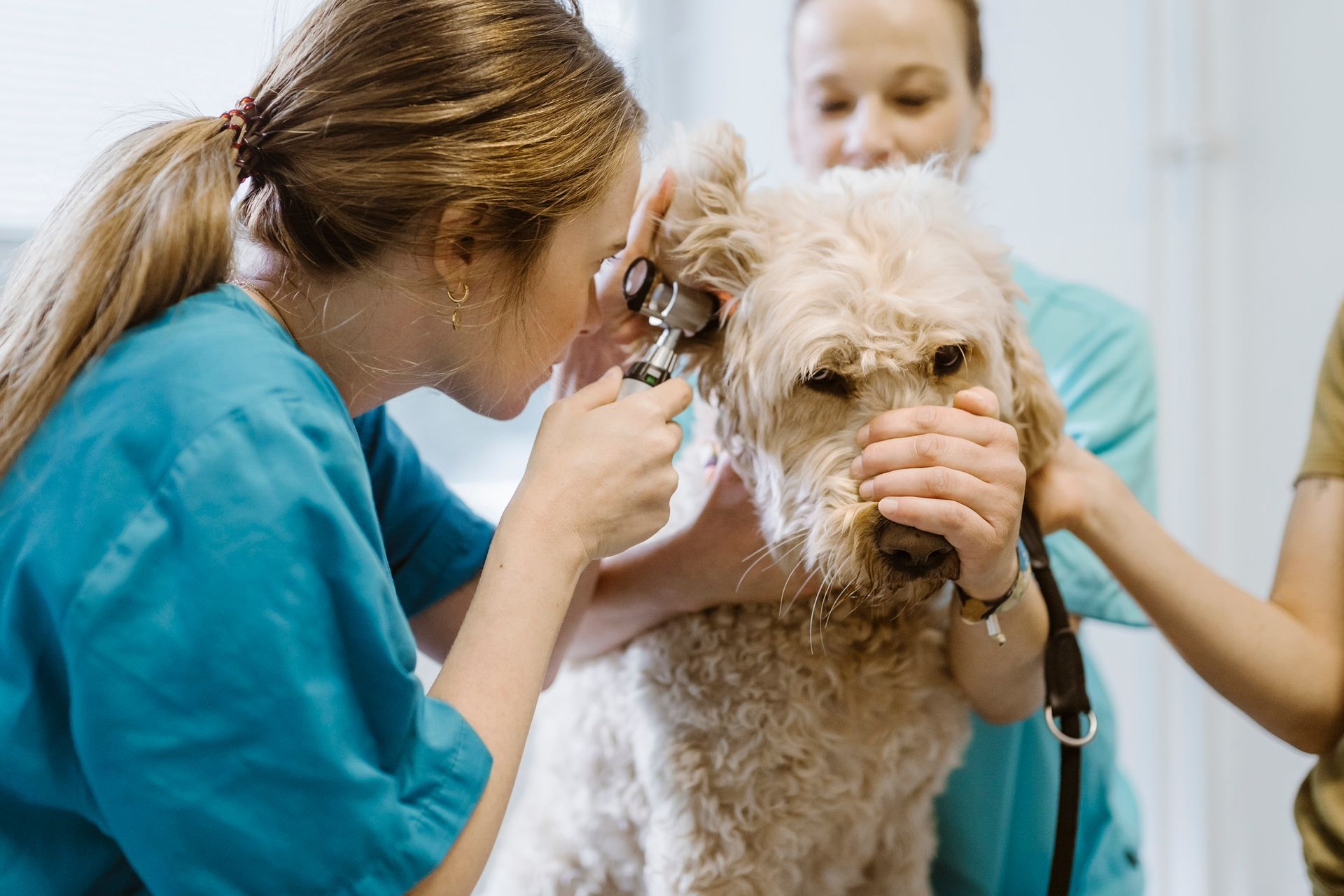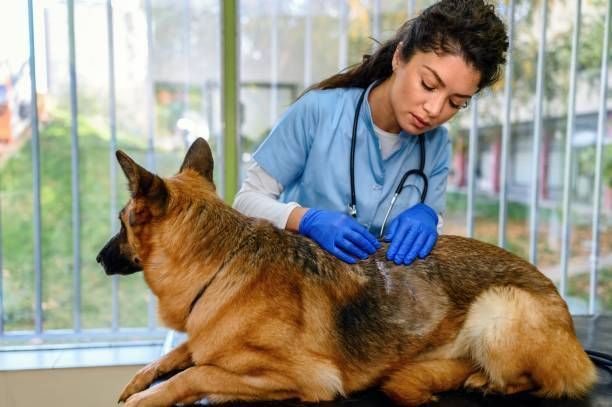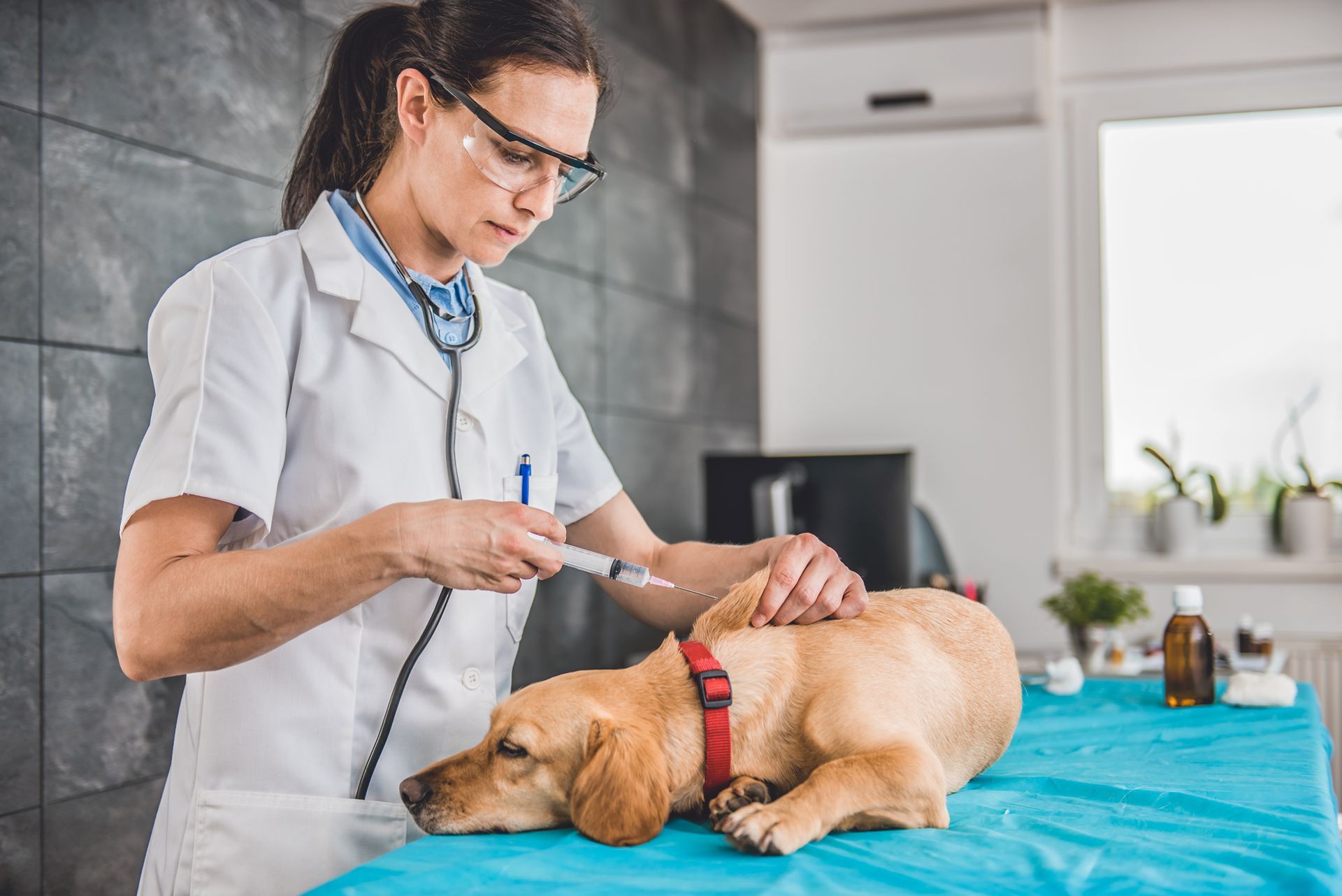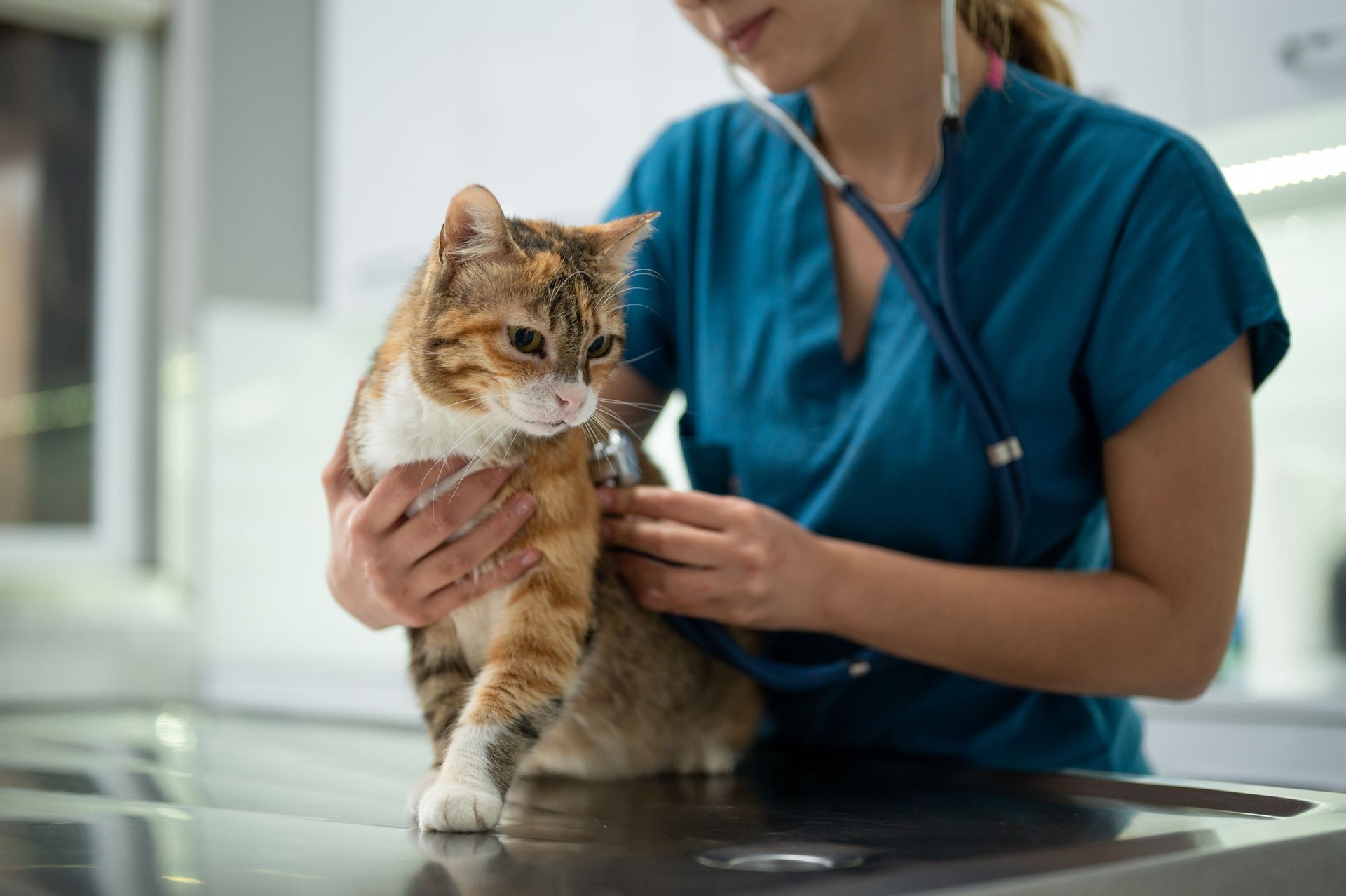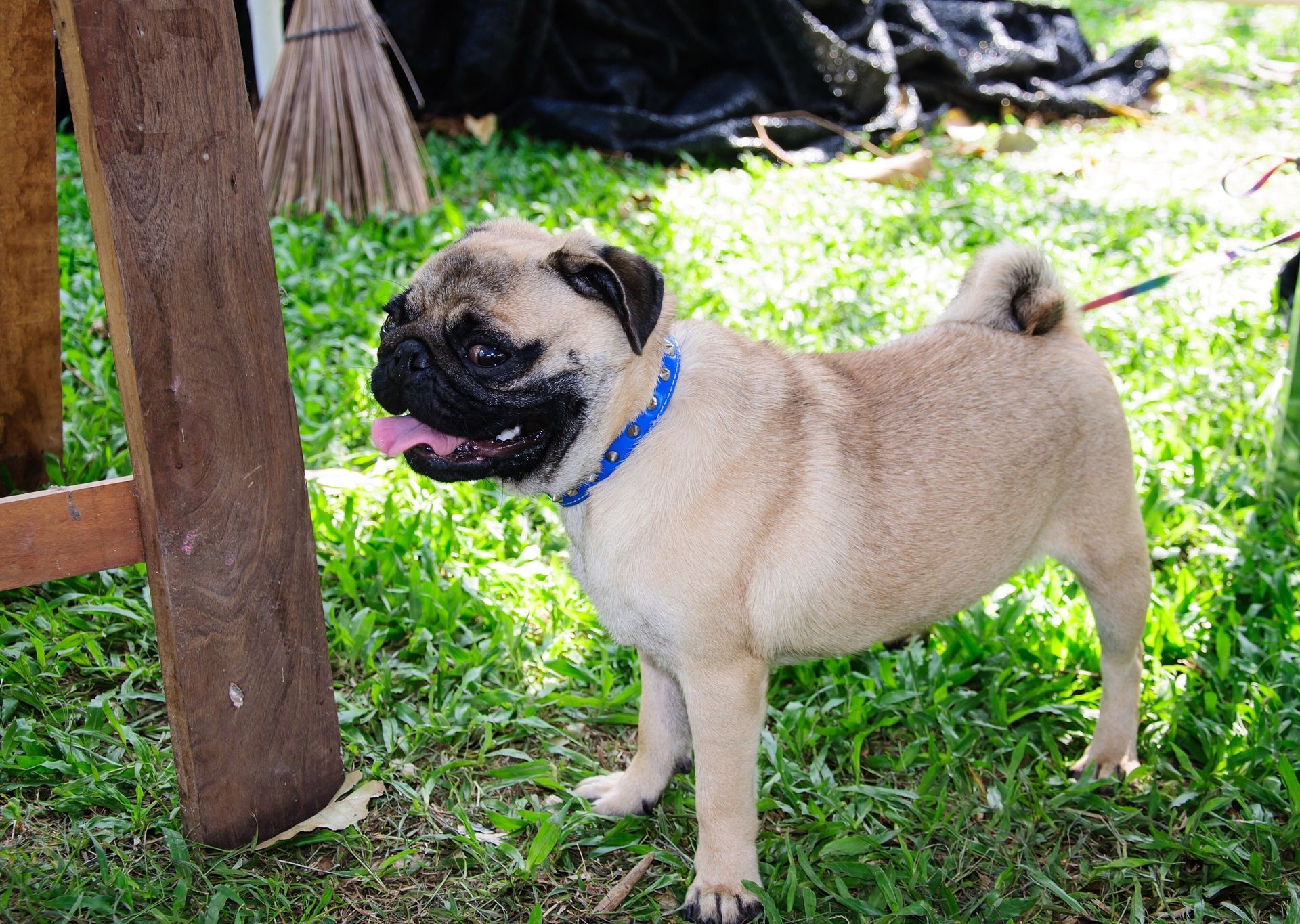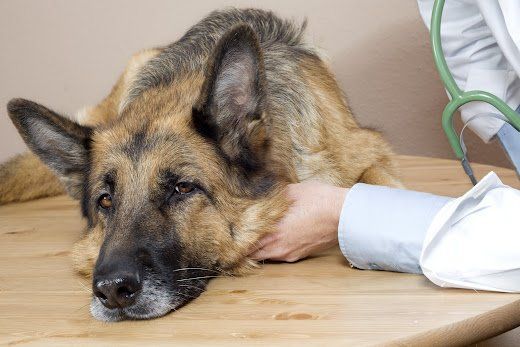Frequently Asked Questions About Feline Vaccinations
Admin • October 21, 2021
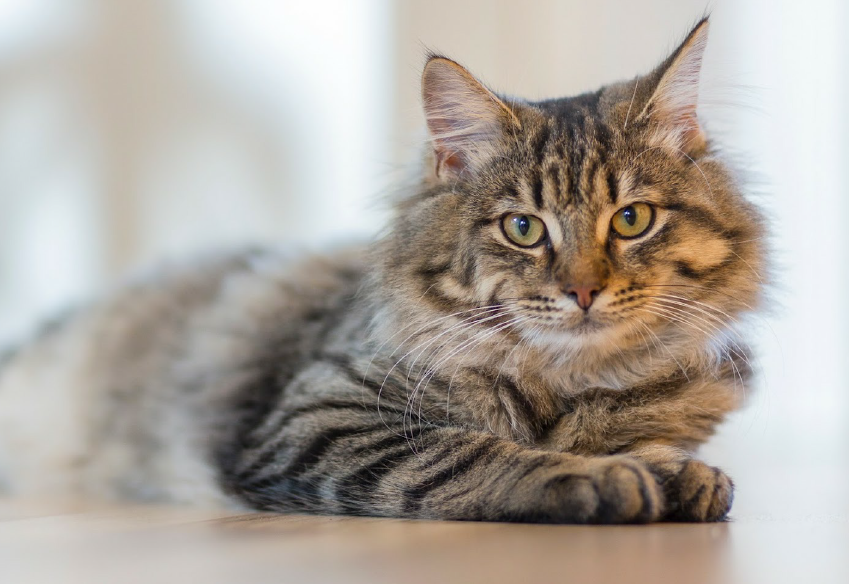
Vaccines and vaccination practices have leapt to the top of many people's minds worldwide in the wake of the COVID-19 pandemic. While relatively few household cats contract this virus, your feline friend still faces threats from other serious infectious diseases. Vaccines can offer lifesaving protections against germs.
Cat owners can find themselves puzzled by the world of feline vaccines. If you count yourself among them, benefit from some basic explanations of which vaccine protects against what condition to how and when to schedule vaccinations. These frequently asked questions (and their answers) can help you choose wisely.
How Do Vaccines Work?
A vaccine masquerades as a threat to the immune system without actually causing infection. Some vaccines consist of either a weakened version of the actual germ or a killed version of that germ. Others extract only the necessary bits of a broken-up disease organism to deliver the necessary protection.
When your veterinarian gives your cat a vaccination, the parts of it that resemble active, dangerous germs alert the immune system to make antibodies against that disease. It can then continue to make those antibodies, protecting your cat against that specific threat, until the vaccine eventually loses its potency.
What Feline Vaccinations Do Veterinarians Commonly Recommend?
Although different cats may benefit from different vaccination routines, veterinarians typically recommend a few essential vaccinations for most felines. These particular vaccinations guard against common germs that cats can easily come into contact with under normal living conditions.
Like their canine cousins, cats need vaccinations against rabies, a fatal neurological disease that spreads from one mammal to another through bites. When you vaccinate your cat against rabies, you remove the risk of your infected cat giving it to other members of the household, human and non-human alike.
Other core vaccinations protect cats against feline calicivirus, feline panleukopenia (also called feline distemper), and rhinotracheitis (also known as feline herpes virus type 1). Your veterinarian can administer all three of these vaccines together in a single injection, administering the rabies shot separately.
When Might Your Cat Need Other Kinds of Vaccinations?
Cats can get many more diseases than the ones prevented by the core vaccines noted above. If your cat's lifestyle or environment poses disease risks above and beyond those that core vaccinations address, your cat may require additional protection with non-core vaccinations.
Non-core vaccines protect cats against diseases such as chlamydia, feline immunodeficiency virus (FIV), feline leukemia (FeLV), bordetella, and feline infectious peritonitis (FIP). Cats that go outdoors or spend lots of time in boarding facilities in close contact with other animals may need some of these vaccinations.
When Should Cats Receive Vaccinations?
Kittens normally receive feline calicivirus, feline panleukopenia, and rhinotracheitis vaccines starting at six weeks of age, with the rabies vaccine administered at eight weeks of age. Your cat can receive a bordetella vaccination at just four weeks of age or other non-core vaccines at six to eight weeks.
Some cat vaccines can lose their potency in as little as one year, while others may provide up to three years of protection. Before the protection runs out, your veterinarian will want to administer booster shots. These follow-up vaccinations can help protect your cat for life, but only if you adhere to the recommended schedule.
Lifestyle changes can result in changes to a cat's vaccination schedule. For instance, an indoor cat who suddenly becomes an outdoor cat may need protection against risks it had never previously faced. Like core vaccinations, non-core vaccinations require periodic reinforcement through booster shots.
What Potential Side Effects Should Cat Owners Know About?
Most vaccination side effects consist of mild discomfort, redness, or swelling where the vaccine entered the body. Your cat may seem tired, sluggish, uninterested in food, or even slightly feverish. These effects should resolve themselves.
If your cat shows more serious symptoms such as hives, vomiting, diarrhea, or breathing problems, bring them to the vet clinic for immediate care. These symptoms often indicate an allergic reaction.
Baywood Animal Hospital can provide your car with vaccinations and many other preventative wellness services. Contact
our clinic today to learn more or schedule vaccinations for your cat.

